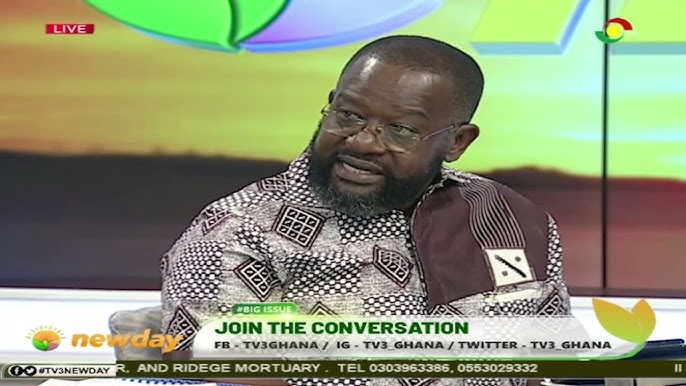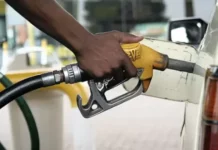A leading member of the Convention People’s Party (CPP), Nana Kwame Jantuah, has blamed the New Patriotic Party (NPP) and the National Democratic Congress (NDC) for Ghana’s energy crisis.
He says the two political parties have ruled in turns since the Fourth Republic but have failed to map out a plan to address the energy issues.
According to him, Ghana has had energy challenges since the days of President Rawlings but has not devised any plan to avert the problem.
Speaking on the BigIssue on TV3’s NewDay Friday, May 16, 2025, the private legal practitioner cited the case of South Korea, which has put in place a 20-year plan to manage its energy sector, being the reason it has not encountered any crisis since.
The lawyer called on the country’s leadership to emulate this feat to ensure Ghana gets out of its energy crisis once and for all.
“If energy has been a challenge and debt has been mounting, what do you do? It’s not a question of having a stakeholders dialogue. It’s a case of putting a plan together. Where is the energy plan? Where is the energy plan that will show you how much money we need, how much money we will need in the medium to the long term” and make sure that money is there,” he stated.
The comment comes on the back of an announcement by the Minister of Energy, Dr. John Abdulai Jinapor, that a potential power crisis is imminent, revealing that the country has less than three days’ worth of liquid fuel to power its electricity-generating plants.
Addressing the Parliamentary Committee on Energy on Thursday, May 15, 2025, Dr. Jinapor stated that the Ministry is racing against time to secure billions of cedis to pay for new fuel supplies already ordered.
“My headache is how to get the next parcel of liquid fuel. The fuel we have will take us 2.6 days,” he told the MPs.
He disclosed that while some fuel has been procured on credit, the lack of immediate funding threatens to paralyse power generation across the country.
Dr. Jinapor also stated that although they are engaging the Ministry of Finance, its financial constraints limit what can be done.
“We have placed an order for fuel, but it has to be paid. We’re working with the Ministry of Finance to pay, but the truth is that the Ministry also has its limits. We will be going to cabinet to discuss how we can improve the sector,” he pointed out.
He hinted at renewed efforts to involve the private sector in managing part of the operations of the Electricity Company of Ghana (ECG) for a long-term sustainable solution.
“It does not entirely solve the problem, but it takes us to another level because if the collections are reduced from the 40% to 5%, it means that we will be collecting more,” he said.
The Energy Minister further revealed that Metropolitan, Municipal, and District Assemblies (MMDAs) must honour their obligation to pay electricity bills and account for them in their budgets.
He added that even critical institutions, including those in health, education, security, and the presidency, require proper budgetary allocation for their energy consumption.
But according to Lawyer Jantuah, Ghana is in this mess because successive governments have failed to plan like other nations have done.
“Other countries have done that and they are moving. South Korea have a 20-year energy plan of how they manage energy, distribute, get restocked and put the kinds of institutions together to monitor how this is working,” he stated.













